A new wave of Chinese car brands is hitting Europe
Australians are buying more Chinese cars than ever, and a range of new brands are emerging that could have established makers very worried.
A wave of new era Chinese cars could have some of the world’s biggest car makers worried.
Chinese car brands are becoming more popular in Australia and the next-generation of vehicles are starting to appear overseas.
Makers such as MG, LDV and Great Wall Motors are lighting up the Australian new sales charts this year.
MG’s sales are up 220 per cent this year and it’s now a top 10 selling brand. Lesser known LDV and Great Wall Motors are up 110 and 285 per cent respectively.
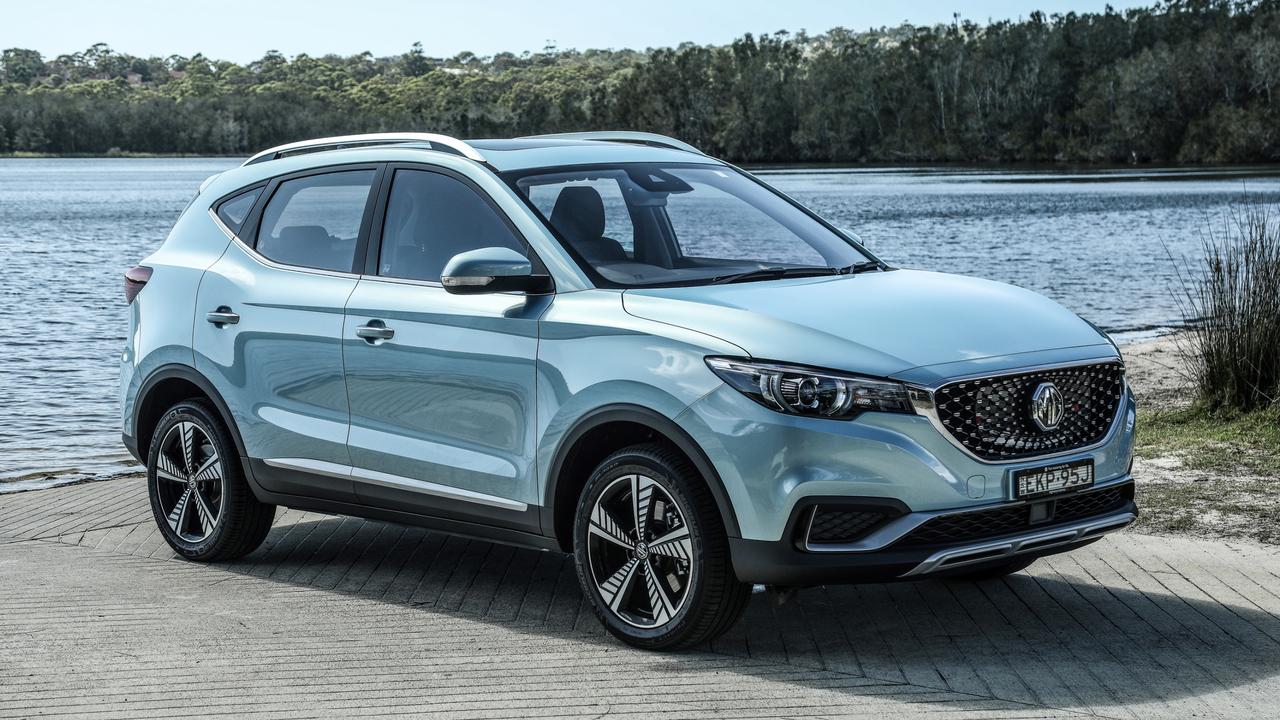
They have won over buyers by offering affordable machines with long warranties and plenty of standard equipment.
Most customers wouldn’t know that Volvo is owned by Chinese car making giant Geely.
Volvo still designs and develops its vehicles in Sweden.
Volvo is at the forefront of electric vehicles launching several models in Europe recently.
The XC40 Recharge electric SUV has just launched in Australia and will be joined by three other models in the near future.
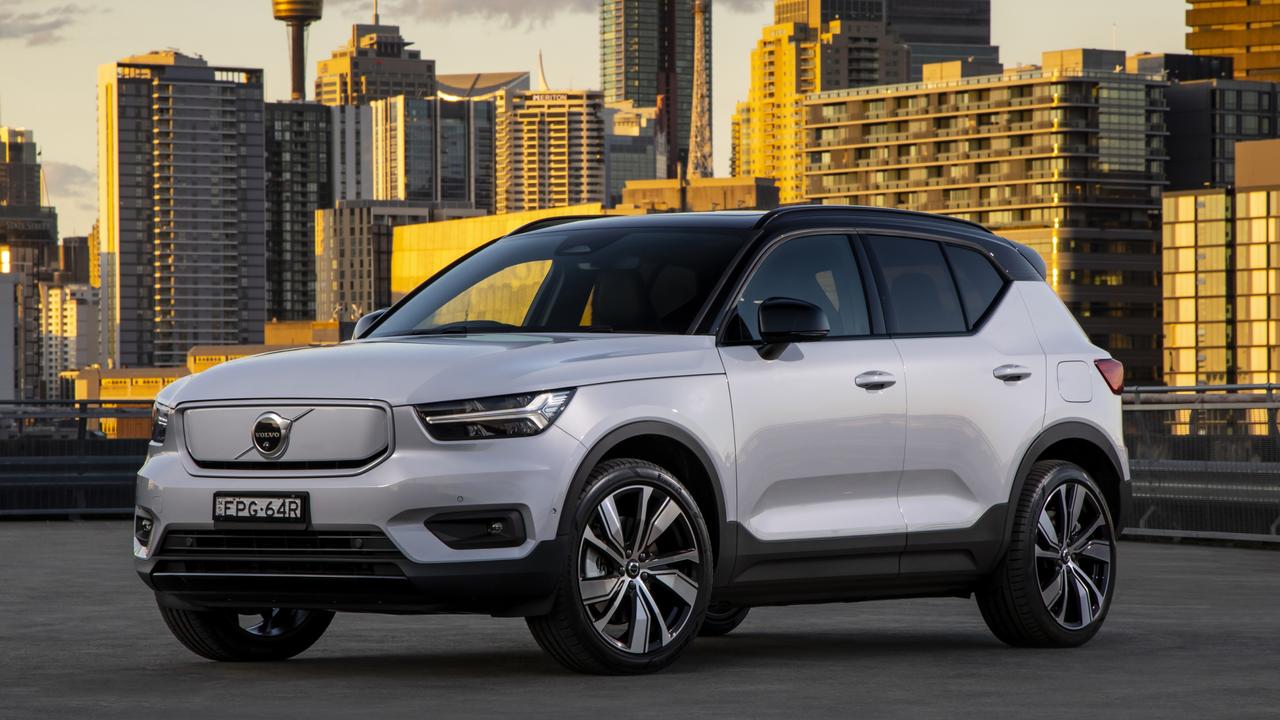
Volvo also has an electric spin-off brand called Polestar.
The Polestar 2, the brand’s first vehicle, is expected to arrive in Australia at the end of this year.
It is a high-riding electric sedan similar in size to the Tesla Model 3.
The eye-catching Polestar 2, built in China, has a massive 11-inch touchscreen at the centre of a vegan-friendly interior.
BYD is another maker looking to make its mark outside of China.
The manufacturing giant is set to launch in Australia in 2022 and even has an electric ute in the works.
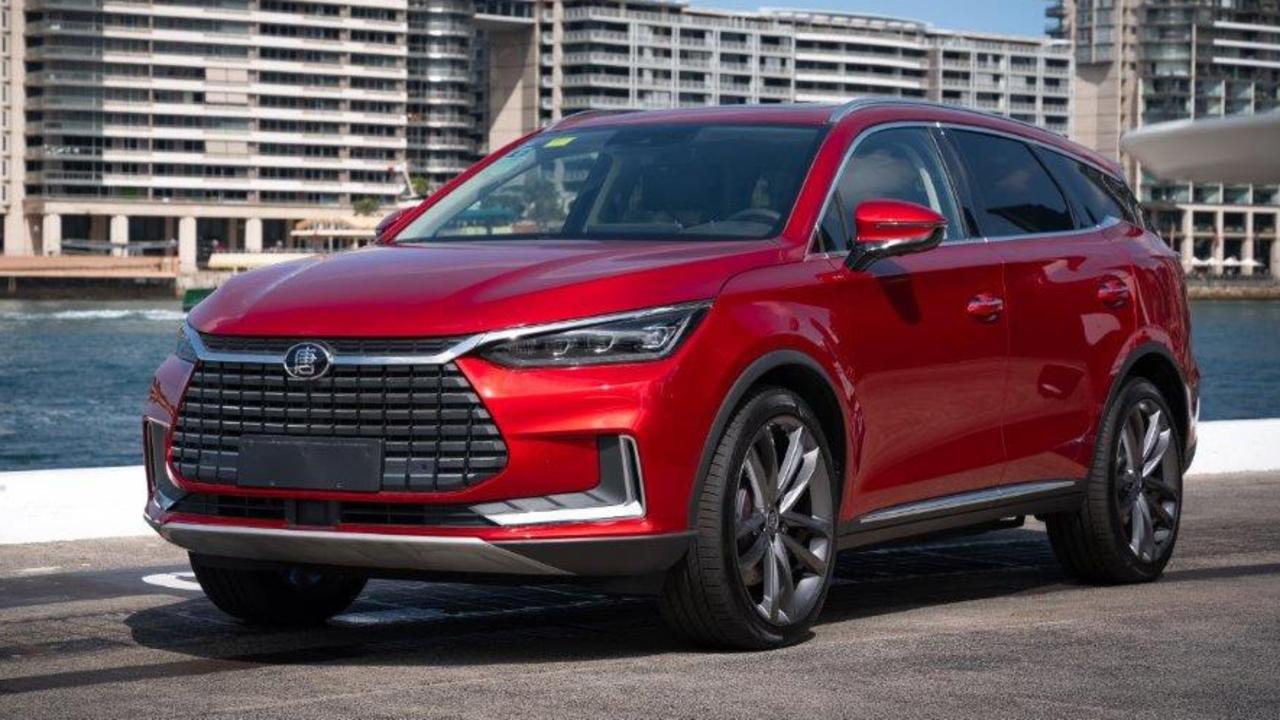
BYD plans to launch a range of cars that include at least two SUVs, a small car and a sports sedan.
The company has grand plans to one day open a manufacturing facility south of Sydney in conjunction with its Australian-owned import business, Nexport.
Brands relatively unknown outside of mainland China are now launching in Europe.
Xpeng and Nio are electric vehicle brands aiming to carve out a name for themselves in emissions-focused Europe.
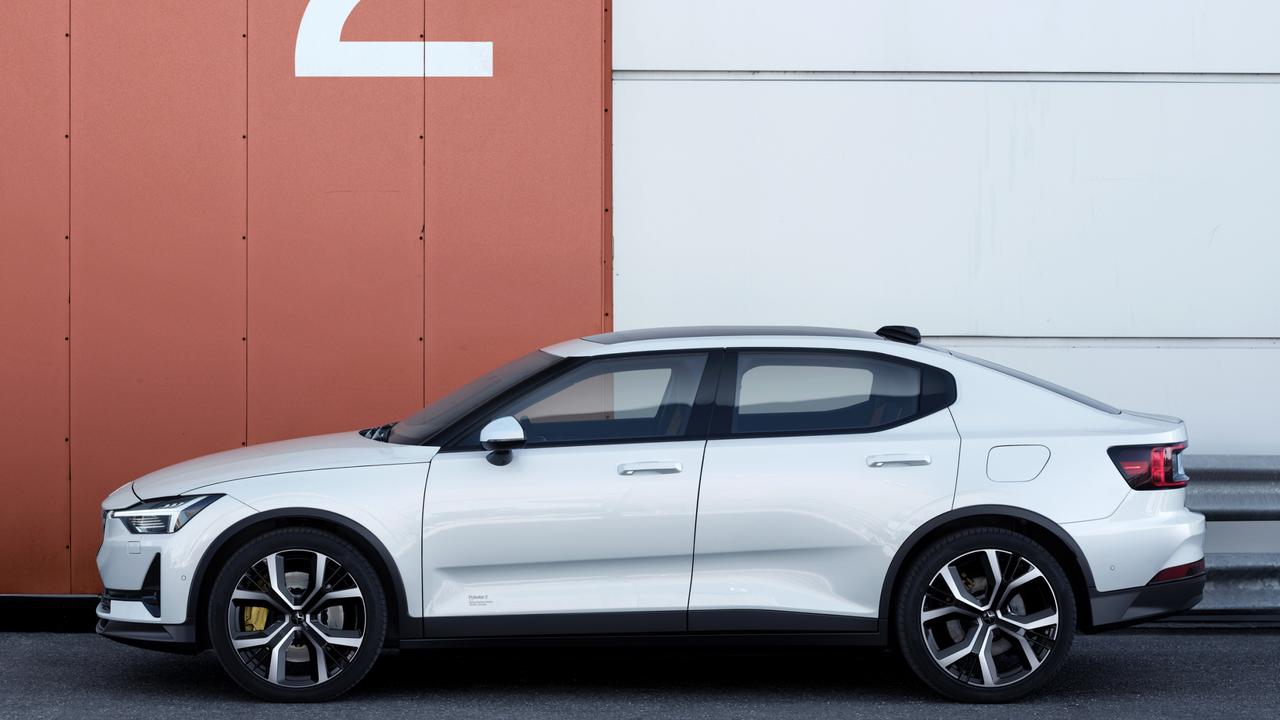
Nio is the most well known and was only established in 2014. According to its share price Nio is now worth $US58b ($80b), which is more than Ford.
This is despite the fact that Nio only sold about 43,000 vehicles in 2020.
This figure is expected to grow as it expands out of China and into Europe where petrol and diesel powered cars will cease to be sold in the next few decades.
Nio’s first EV is the seven-seat ES8 SUV, which launched in select countries in Europe recently and has been met with good reviews.
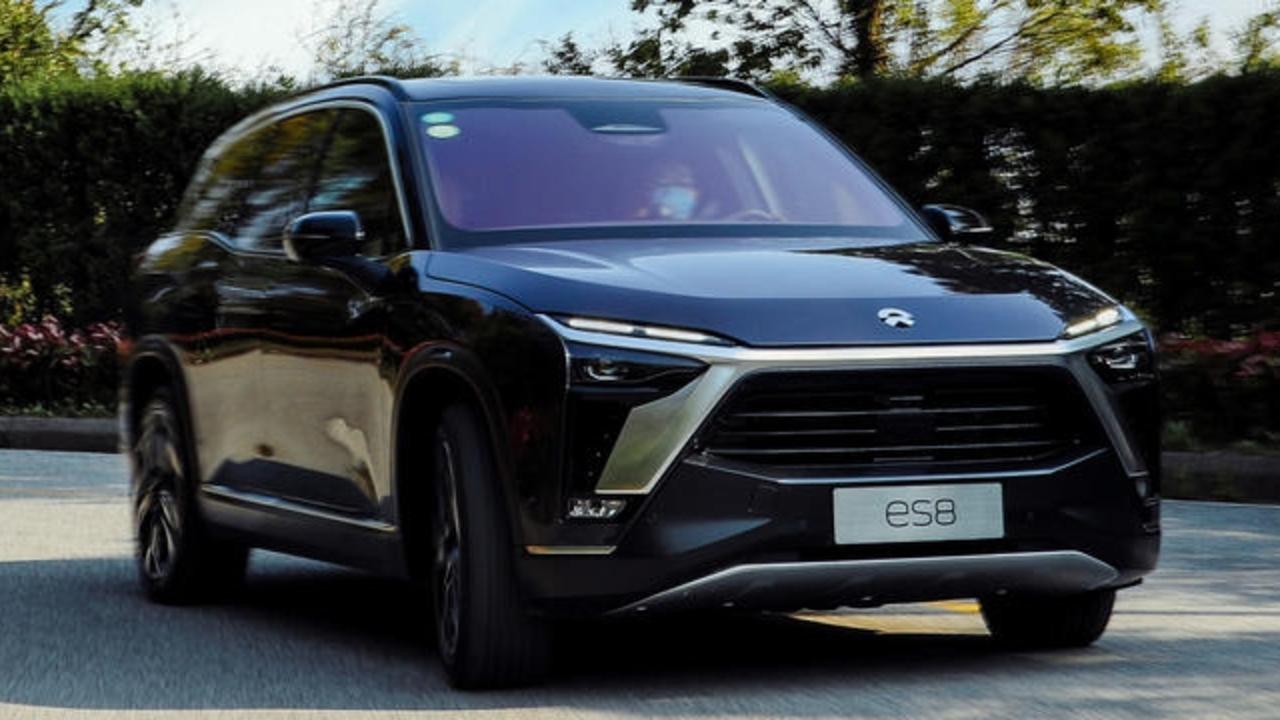
It also has a solution to the recharging time that hamstrings electric cars. The ES8’s battery can be swapped at special stations being built across five cities in Norway, reducing the need for long recharging times.
Xpeng is another Chinese electric car start-up that is poised for a big European expansion.
Xpeng has two vehicles the P5 and P7, which are of similar size to the Tesla Model 3 and Model S.
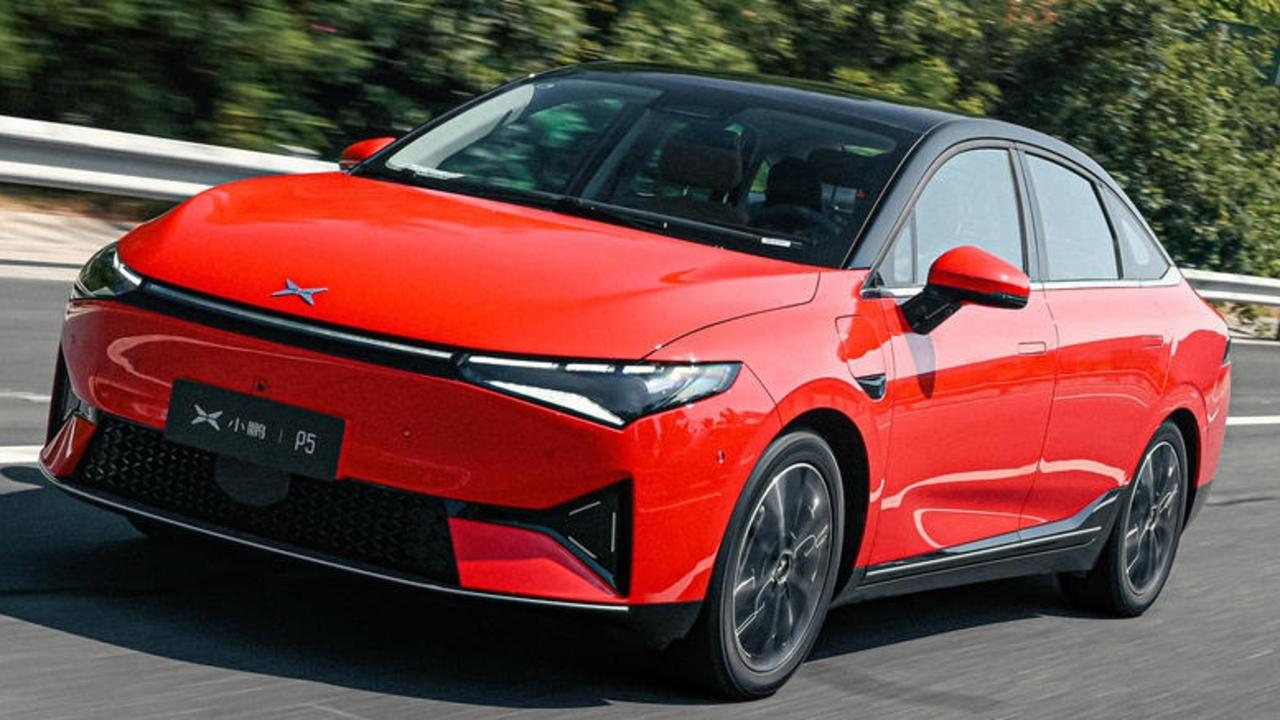
In Europe these vehicles are smartly styled, packed with equipment, have a generous driving range and are competitively priced compared to luxury rivals.
There are more EVs in the works with some seriously headline grabbing features.
The Byton M-Byte has a multitude of screens including a mammoth 48-inch display running the entire length of the dash.
This is about the same width as a 55-inch TV and would be viewed from just over an arm’s length away.
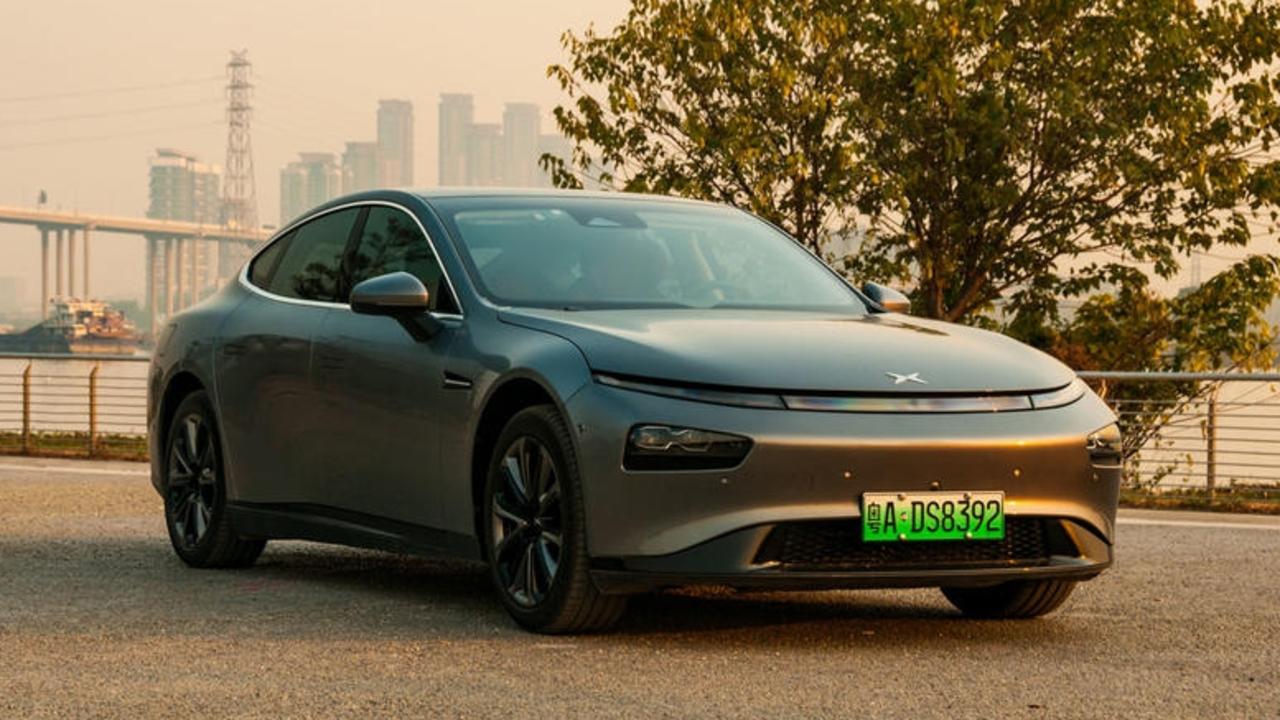
There is a 7.0-inch display located in the middle of the steering wheel. This display appears to control several infotainment functions such as music, maps and aircon among others.
The emergence of Chinese electric car makers have some fearing that Japanese and American car makers will be left behind.
European and Korean makers are surging ahead in producing a wide range of exciting electric cars, but some Japanese brands such as Toyota are lagging behind.
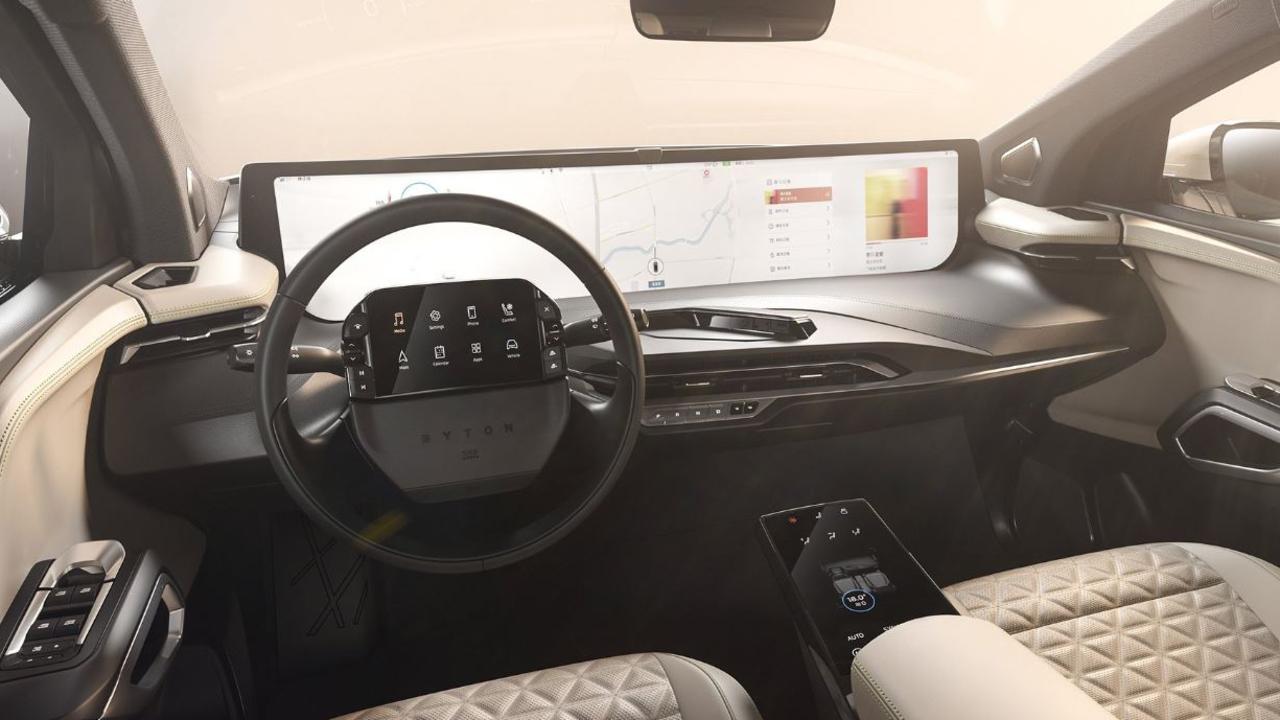
Toyota boss, Akio Toyodo, recently told reporters that “carbon is our enemy, not the internal combustion engine”, taking a different stance to European manufacturers.
Toyoda says companies should use technologies already in use now, such as hybrids, to reduce emissions and focus on reducing emissions from other industries.
US car makers are falling behind, too. Ford is the most advanced with its Mustang Mach-E electric SUV on sale and the F-150 Lightning due next year.




